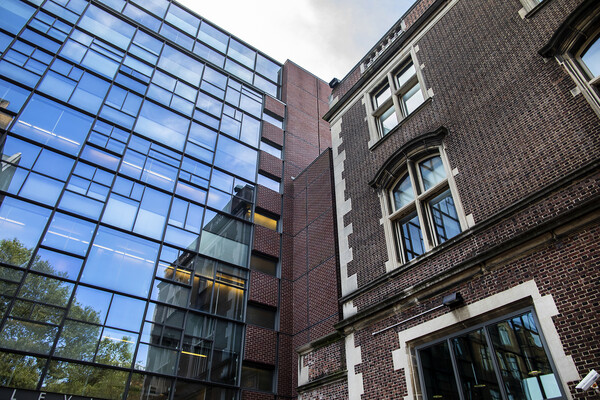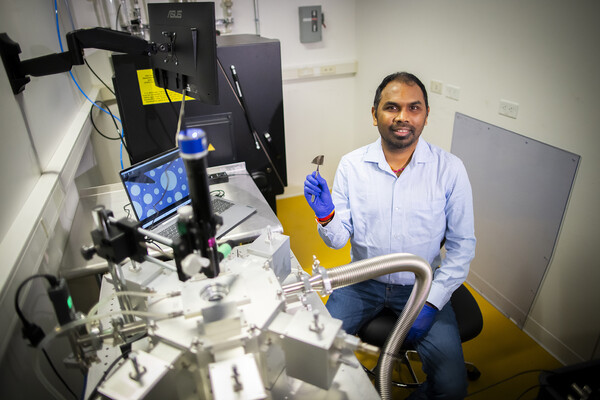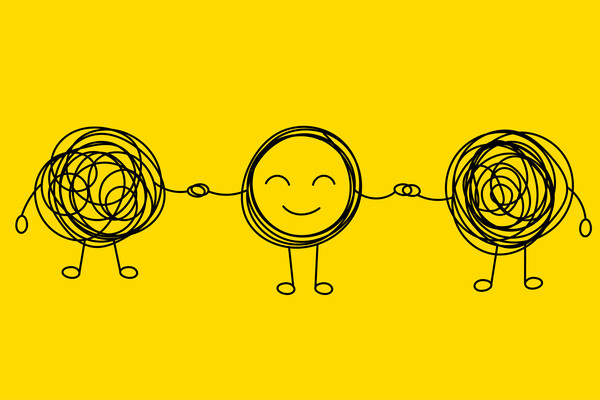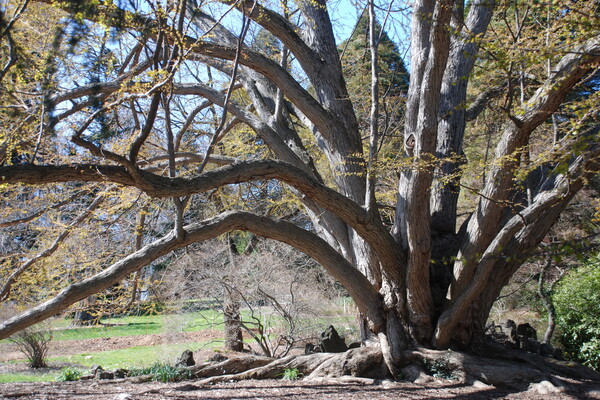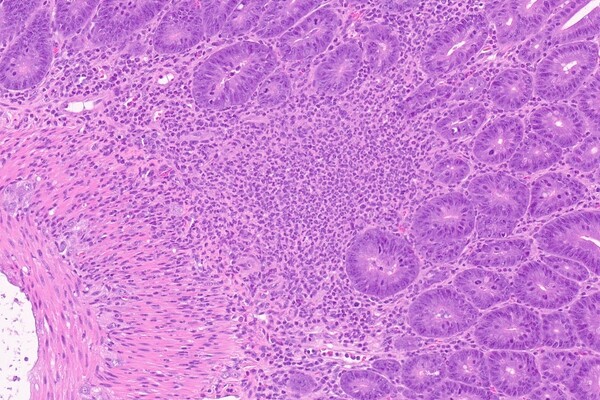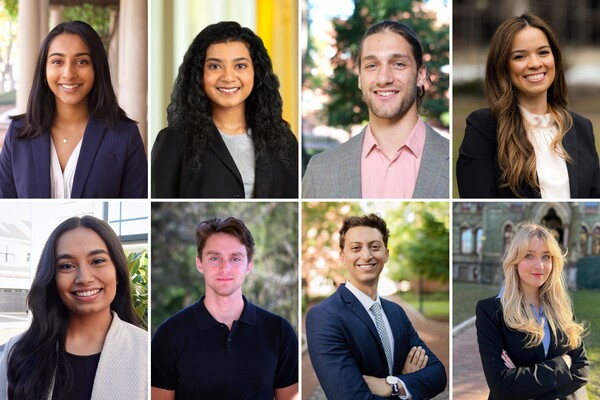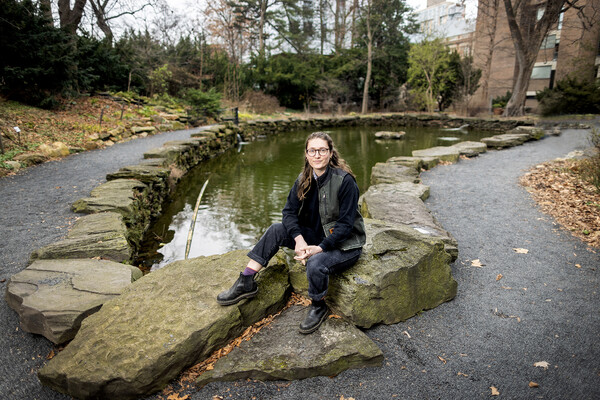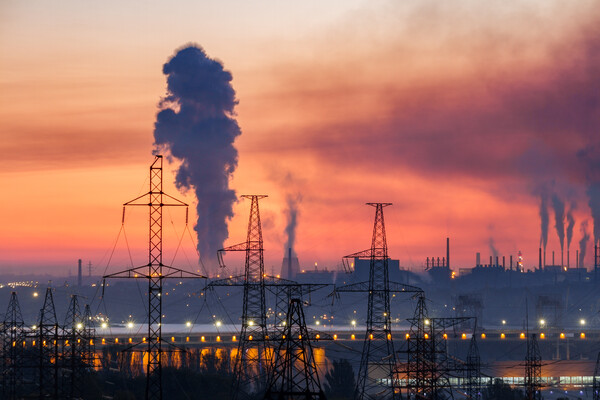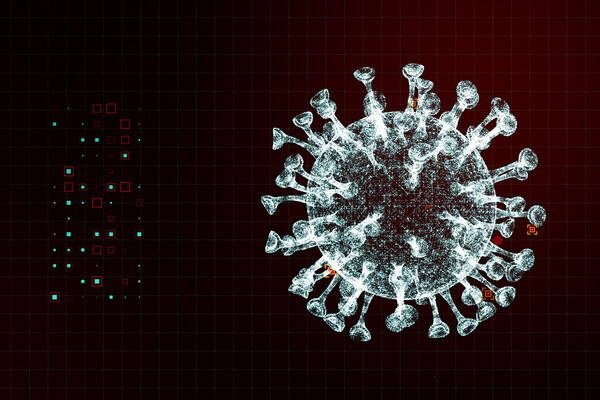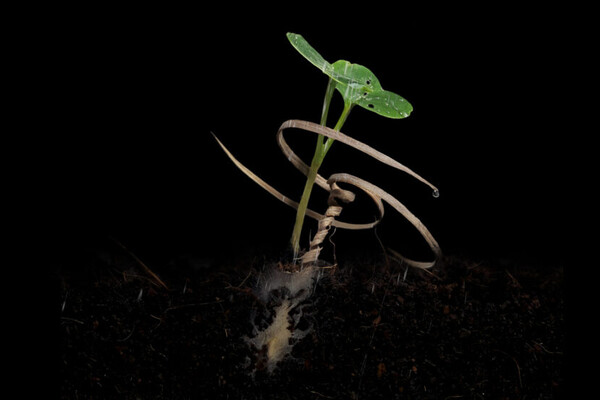5/2
Science & Technology
In a warming world, chief heat officers help adapt, prepare, and protect
In advance of Perry World House’s Global Shifts Colloquium on extreme heat in urban areas, Penn Today spoke with chief heat officers about their role in influencing public awareness, preparedness, and policy.
Update of a local tree field guide offers ‘antidote for plant blindness’
A new edition of “Philadelphia Trees,” coauthored by former Morris Arboretum director Paul W. Meyer, Catriona Bull Briger, and Edward Sibley Barnard offers tips for identifying tree species and highlights some of the most notable trees in the region, including many on Penn’s campus.
The immune system does battle in the intestines to keep bacteria in check
New research from Penn’s School of Veterinary Medicine demonstrates that Yersinia pseudotuberculosis, a relative of the bacterial pathogen that causes plague, triggers the body’s immune system to form lesions in the intestines called granulomas.
Penn’s eight 2023 Thouron Scholars named
Seven fourth-year students and one May graduate have each received a 2023 Thouron Award to pursue graduate studies in the United Kingdom.
Real or fake text? We can learn to spot the difference
Penn computer scientists prove that people can be trained to tell the difference between AI-generated and human-written text. Their new paper debuts the results of the largest-ever human study on AI detection.
Who, What, Why: Tess Kuracina tends to the ‘BioPond,’ a beloved campus oasis
As garden supervisor for the treasured green space formally known as the James G. Kaskey Memorial Park, Kuracina plans, plants, waters, and weeds, aiming to make it ‘more beautiful and special every year.’
The hidden costs of AI: Impending energy and resource strain
AI models like ChatGPT have seen notable improvements, but some people are concerned about the societal impacts these new technologies may bring. Deep Jariwala and Benjamin C. Lee discuss energy and resource problems with AI computing.
What can network theory offer public health?
Penn Engineering’s Shirin Saeedi Bidokhti and Saswati Sarkar have produced a suite of studies that apply techniques from network and information theory to pandemic control and prevention.
Genomics reveals a complex human history in Africa
An international team of researchers led by Penn geneticists sequenced the genomes of 180 indigenous Africans. The results shed light on the origin of modern humans, African population history, and local adaptation.
Engineered magic: Wooden seed carriers mimic the behavior of self-burying seed
Researchers from Penn Engineering have developed a seed carrier, fashioned from wood veneer, that could enable aerial seeding of difficult-to-access areas, and could be used for a variety of seeds or fertilizers.
In the News
New Penn AI master’s program aims to prep students for ‘jobs that we can’t yet imagine’
Chris Callison-Burch of the School of Engineering and Applied Science discusses Penn’s new online master’s program in artificial intelligence.
FULL STORY →
Penn Engineering announces first Ivy League Master’s degree in AI
The School of Engineering and Applied Science has announced the first graduate program in artificial intelligence among Ivy League universities, led by Chris Callison-Burch.
FULL STORY →
Penn Engineering rolls out an online master’s degree in AI, first in Ivy League
The School of Engineering and Applied Science has announced the first graduate program in artificial intelligence among Ivy League universities, led by Chris Callison-Burch.
FULL STORY →
Man does DNA test, not prepared for what comes back ‘unusually high’
César de la Fuente of the School of Engineering and Applied Science and Perelman School of Medicine says that Neanderthal DNA provides insights into human evolution, population dynamics, and genetic adaptations, including correlations with traits such as immunity and susceptibility to diseases.
FULL STORY →
Forecast group predicts busiest hurricane season on record with 33 storms
A research team led by Michael Mann of the School of Arts & Sciences is predicting the upcoming Atlantic hurricane season will produce the most named storms on record, fueled by exceptionally warm ocean waters and an expected shift from El Niño to La Niña.
FULL STORY →
My Climate Story: Philly students take science from abstract to personal
The “My Climate Story” project at the Environmental Humanities Department helps students and teachers learn about climate change’s impact in everyday backyards, with remarks from Bethany Wiggin. The idea is credited to María Villarreal, a College of Arts and Sciences second-year from Tampico, Mexico.
FULL STORY →
Penn professor on gen AI’s rapacious use of energy: ‘One of the defining challenges of my career’
Benjamin Lee of the School of Engineering and Applied Science says that hardware and infrastructure costs are growing at high rates for generative AI.
FULL STORY →
Satellite images capture extraordinary flooding in the United Arab Emirates
Michael Mann of the School of Arts & Sciences explains how three low-pressure systems formed a train of storms that battered the United Arab Emirates.
FULL STORY →
Here’s why experts don’t think cloud seeding played a role in Dubai’s downpour
Michael Mann of the School of Arts & Sciences says that many people blaming cloud seeding for Dubai storms are climate change deniers trying to divert attention from what’s really happening.
FULL STORY →
Can we stop AI hallucinations? And do we even want to?
Chris Callison-Burch of the School of Engineering and Applied Science says that auto-regressive generation can make it difficult for language learning models to perform fact-based or symbolic reasoning.
FULL STORY →




